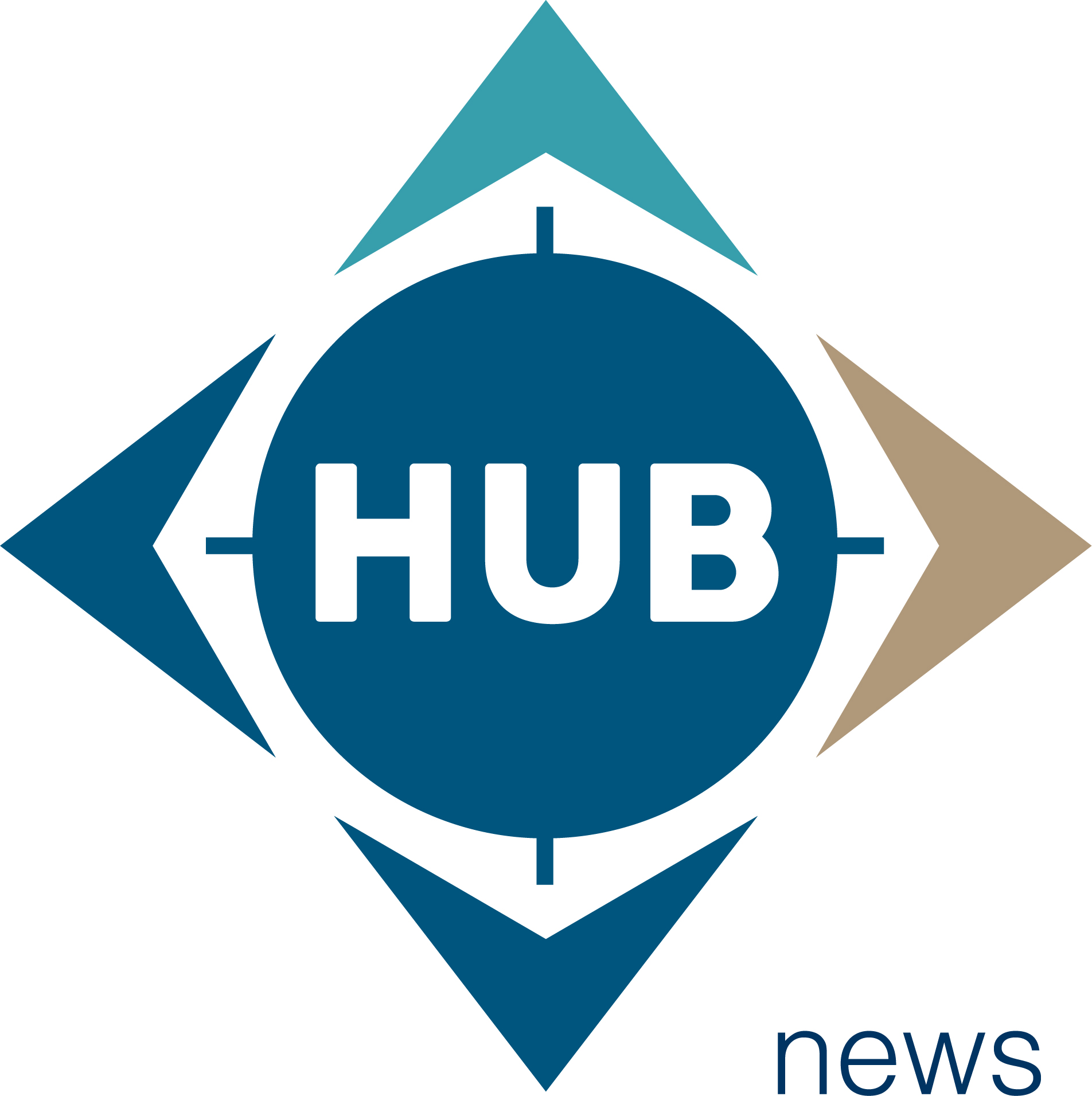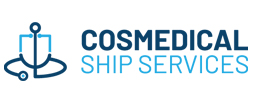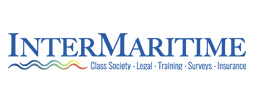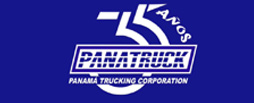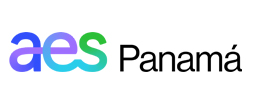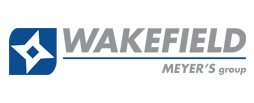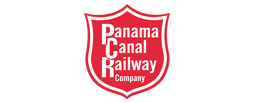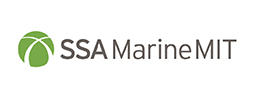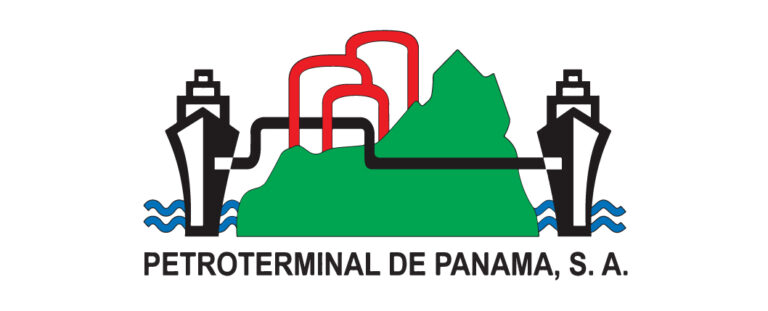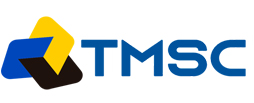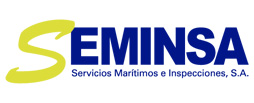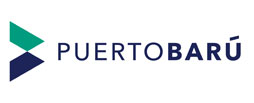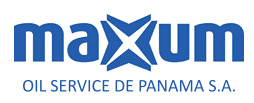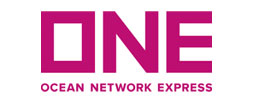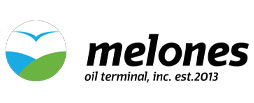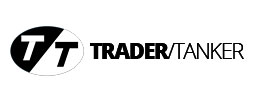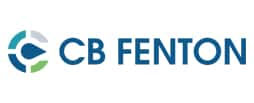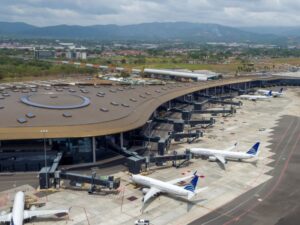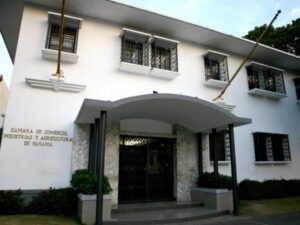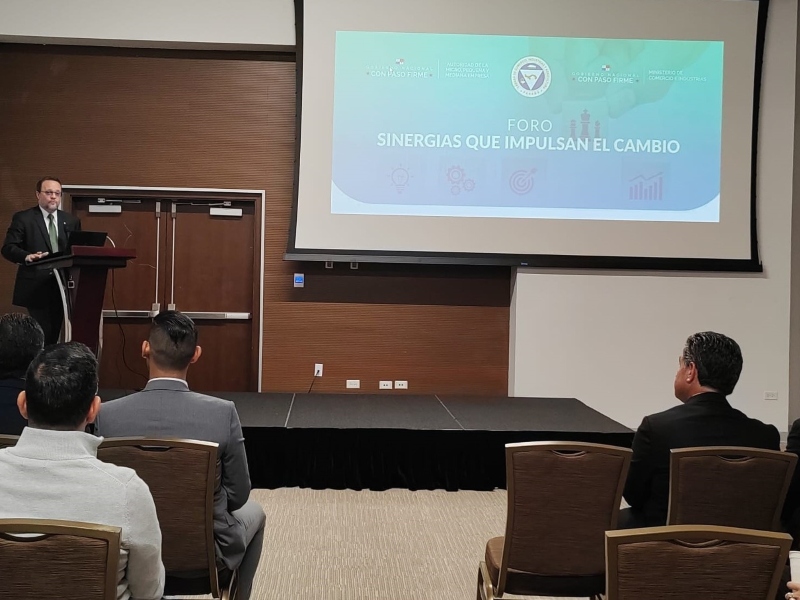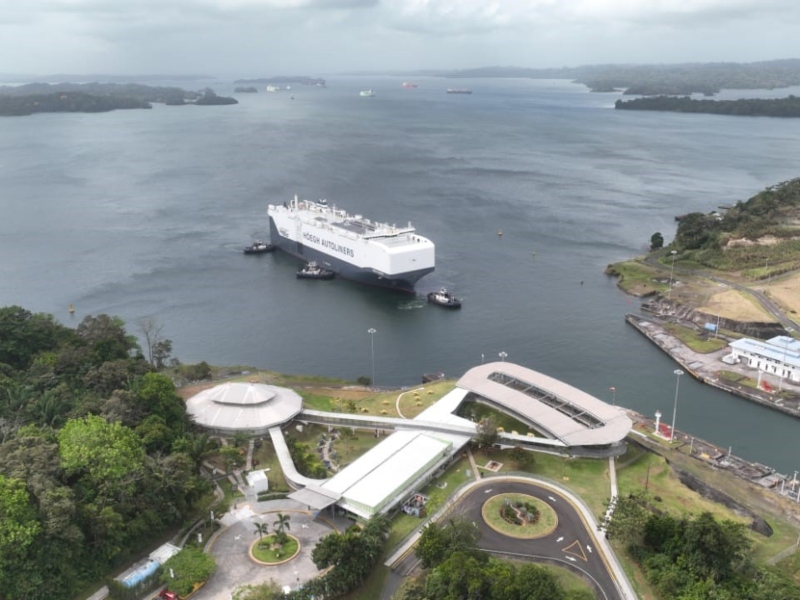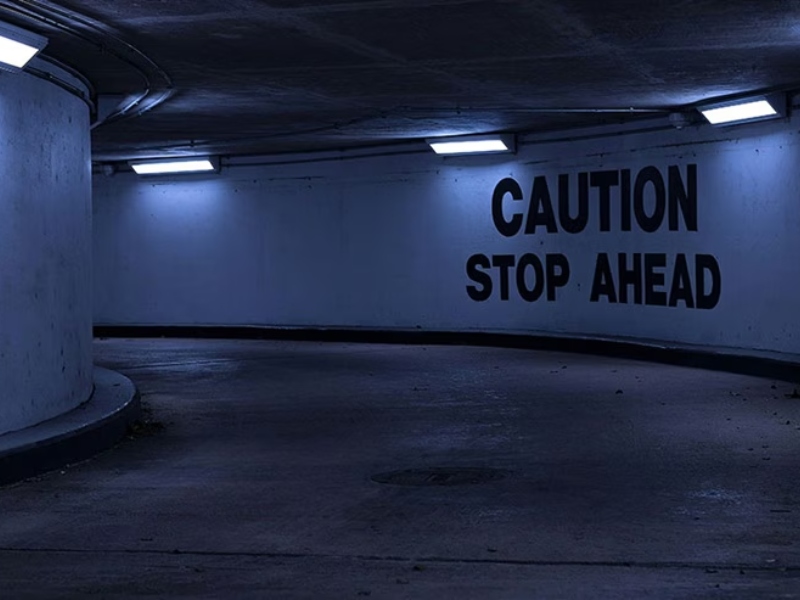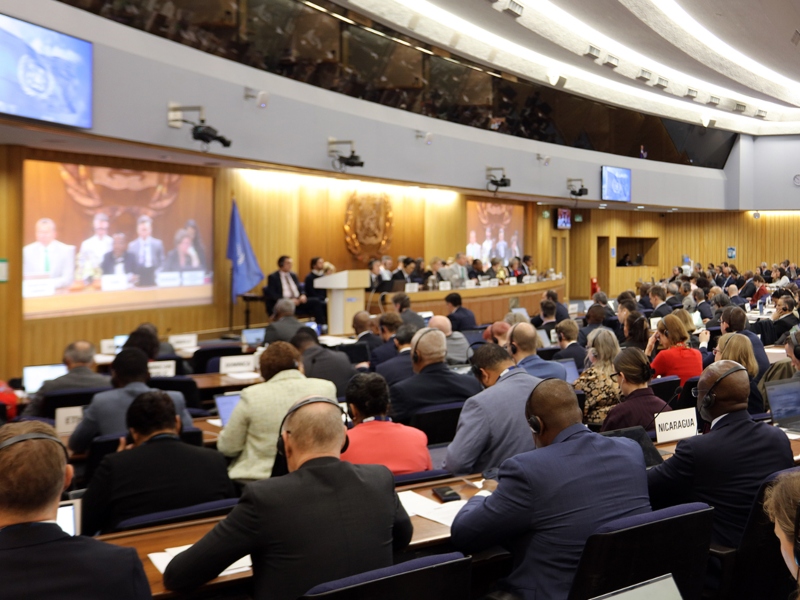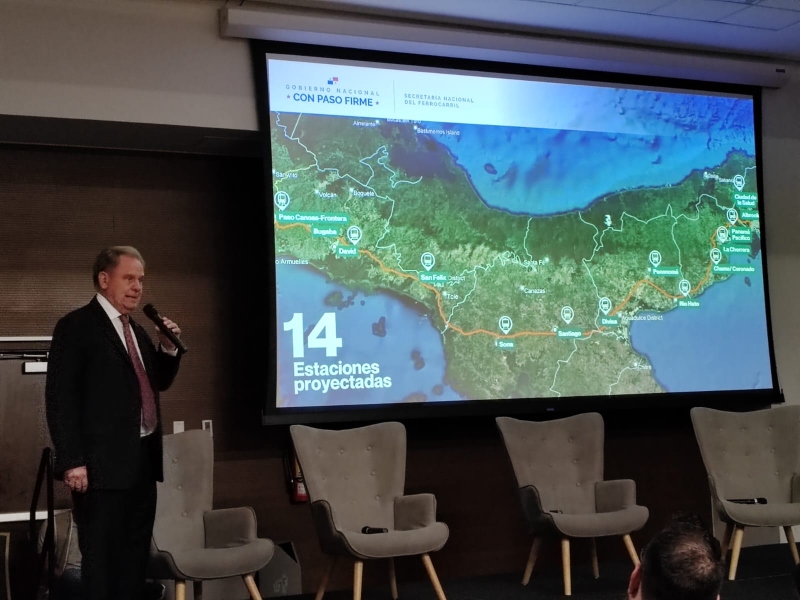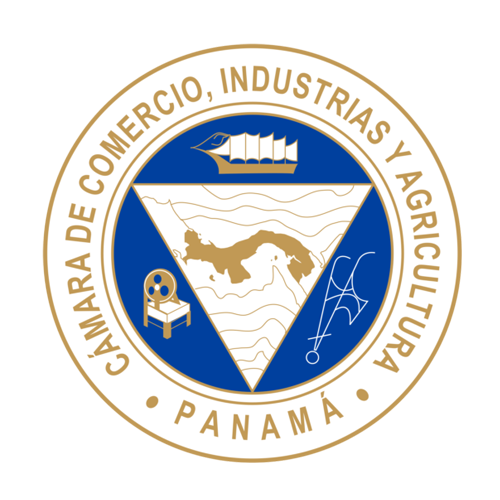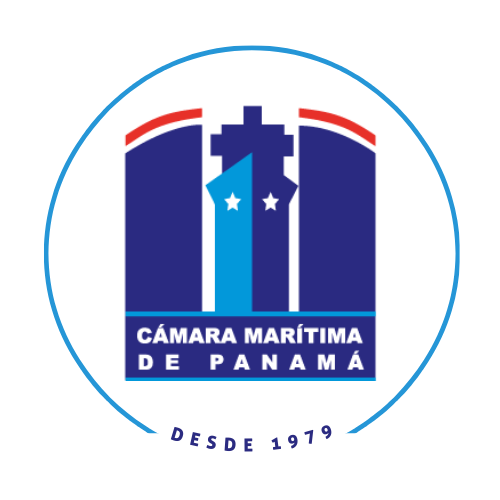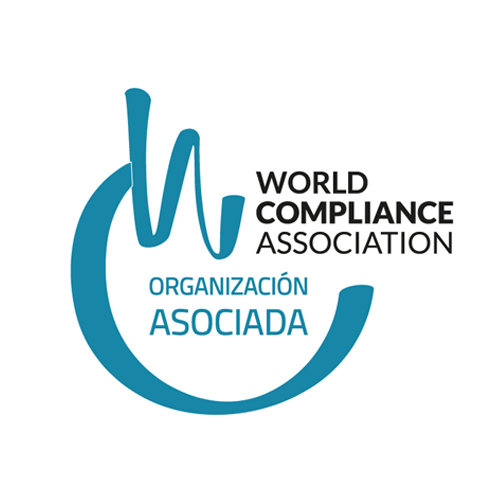Source: IATA
The International Air Transport Association (IATA) has written to the Canadian Government urging the ministers in charge to take immediate action to reduce the massive delays at immigration and security which are presently occurring at the country’s main international airports.
Over the past weeks, Toronto’s Pearson International Airport alone reported that passenger wait times at security screening doubled and, in some instances, even quadrupled. Meanwhile, passengers on nearly every second international arriving flight were subjected to immigration delays, which in some cases included waiting on the airplane for up to three hours before they were allowed to disembark. Over the past four weeks, the travel plans of around 100,000 passengers per week have been disrupted.
Barring the option of the Government removing the current vaccination mandate for air travel, the use of ArriveCAN for capturing and submitting vaccination and health information, and the random on arrival testing, IATA is asking the relevant authorities to:
- Introduce dedicated immigration lanes for arriving international passengers who did not provide their required health and vaccination details in advance through ArriveCAN. Canada Border Services Agency (CBSA) data shows that the immigration process for passengers where the ArriveCAN details need to be collected on arrival takes 3-5 minutes as compared to 15-30 seconds in cases where the data has been supplied in advance. This would speed up the immigration for all passengers who completed their ArriveCAN before landing in Canada.
- Upgrade the mobile app version of ArriveCAN to include the immigration and customs related questions so arriving international passengers can submit their relevant information in advance of arrival (currently only available on the web based ArriveCAN in Toronto and Vancouver).
- Relocate on-arrival random testing facilities from the terminal / airport and/or offer a home testing option.
- Ensure that both CBSA and Canadian Air Transport Security Authority (CATSA) have the staffing required to offer an efficient immigration and passenger screening process.
“Aviation, along with travel and tourism, were hit particularly hard during the COVID-19 pandemic and even more so in Canada, due to the very strict border control measures implemented by the government. Following the easing of many of these restrictions, demand is coming back and it is clear that people want to travel. We can therefore ill afford to have passengers subjected to unacceptable wait times both on arrival in the country or on departure. The relevant authorities must urgently consider removing the last remaining travel related COVID-19 restrictions and work with the industry on policies and processes which will allow passengers to pass through airports with no undue delay,” said Peter Cerda, IATA’s Regional Vice President for the Americas.
![]()
